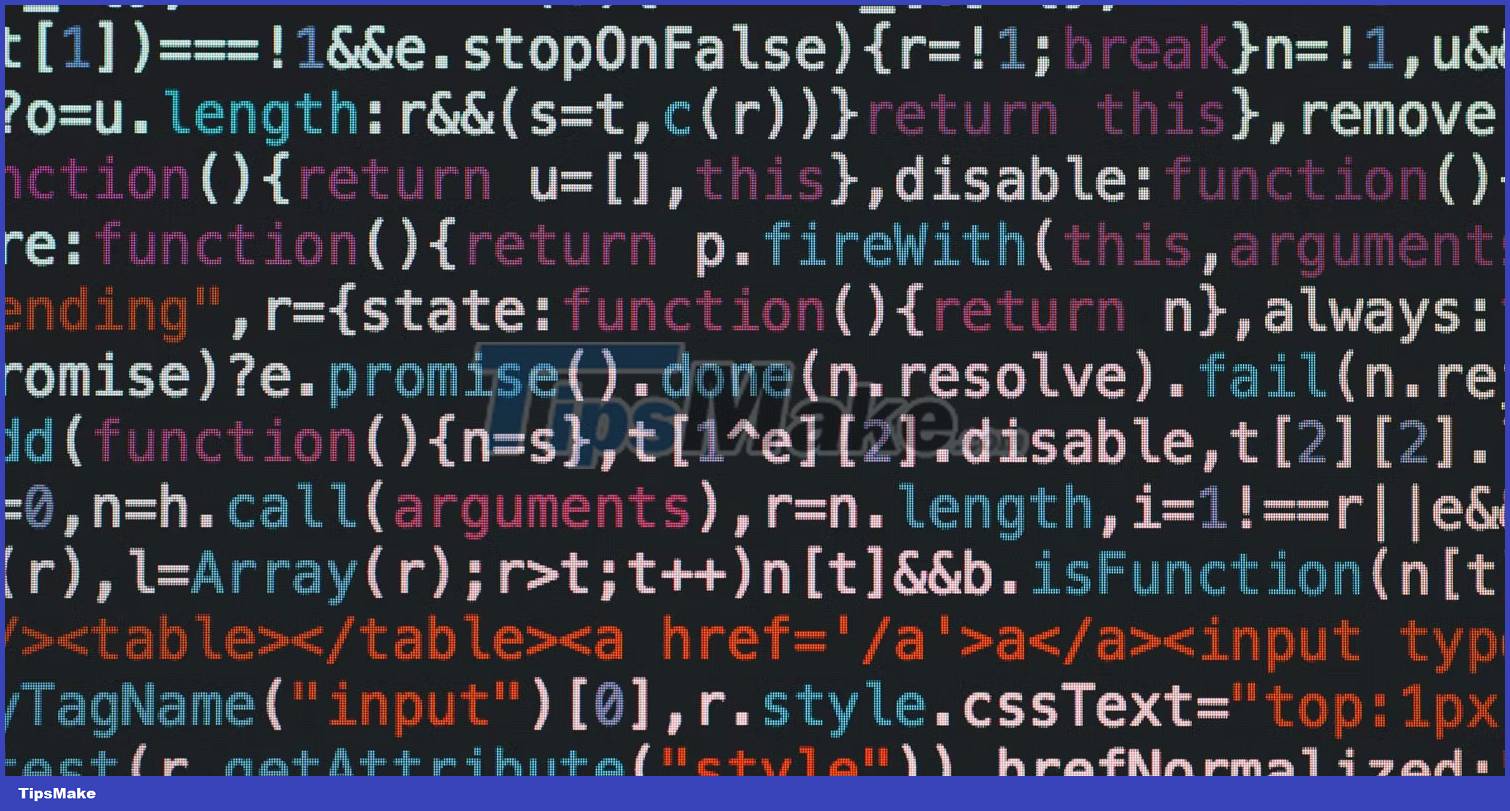6 interesting facts about AI you may not know
But when did the concept of AI finally begin and what will its future look like? Here are some interesting facts that you may not have known about artificial intelligence.
1. AI was first conceptualized in the 1600s

While the ancient Greeks wrote about "intelligent robots" in religious mythology, artificial intelligence was first conceptualized by Gottfried Wilhelm Leibniz, a German mathematician and philosopher, towards the end of the century. 17th century.
When Leibniz was 20 years old, he came up with a theory that could be used to allow machines to automatically generate ideas. He hypothesized that human thought is, by any means, quantifiable and a subtle combination of fundamental concepts. Thus, Leibniz suggests that this combination could be replicated to allow a machine to do the same thing.
Leibniz named this theoretical mechanism "a wonderful tool of reason" and hypothesized that it could answer any question posed. However, the idea of a machine with this in mind has come under scrutiny. Many people believe that human thought is a form of spiritual or unrepeatable expression, rather than something rooted in science, a view that some still hold to this day.
This "wonderful mind tool" has never been successfully created and we have yet to see a machine that can answer every question in the world. However, significant moves are being made to create such a machine, as in ChatGPT and similar tools.
2. The term "Artificial Intelligence" was coined in 1956

While the concepts surrounding artificial intelligence have been discussed for centuries, the term was not formally coined until 1956 at a conference at Dartmouth College, Hanover, New Hampshire. At this conference, the field of AI was officially born with the appearance of this term.
Allen Newell, Cliff Shaw and Herbert Simon introduced the Logic Theorist program, designed to replicate the thinking and problem-solving processes present in the human mind.
After being introduced to the Logic Theorist program, Marvin Minsky, an MIT cognitive scientist, and several other prominent researchers and scientists spoke about how confident they are in the technology. British mathematician Alan Turing also wrote a paper on artificial intelligence in the 1950s and discussed building machines that think independently and test their intelligence.
3. AI can be found everywhere these days

While we have not yet seen intelligent machines or robots that behave like humans, AI is certainly being developed and improved every year, and it is already being used in different ways in many industries. .
First, look at your smartphone! AI is used in voice assistants, be it Google Assistant, Siri, Bixby, Cortana or Alexa. These virtual assistants use AI to understand your voice and make decisions based on what you ask or instruct. Facial recognition on phones also uses AI, as well as in object recognition programs (such as those offered by Samsung's Bixby Vision).
AI is also currently being deployed in the manufacturing, education, and healthcare industries. For example, AI is being developed to help doctors make diagnoses and map out treatment plans. AI could soon be used to automate some basic functions so that doctors have more time in their daily schedules.
You can also find the presence of artificial intelligence in cars. Popular electric car company Tesla uses AI in its autonomous driving function, allowing cars to see upcoming segments of the road and make decisions based on what the system picks up.
Tesla also released a Tesla Bot in 2021, which relies on AI to work. This machine is designed to perform ordinary tasks that humans normally have no interest in. Who knows, this bot might one day fold your clothes!
4. AI can now hold chats

In November 2022, OpenAI launched its AI-powered chatbot, ChatGPT. On the surface, ChatGPT looks like any other chatbot, but it has been trained on massive amounts of data using the Generative Pre-training Transformer big language model, which makes it possible to have in-depth conversations about many topics.
ChatGPT is not sentient and cannot form its own opinion. This is the same as all other AI-powered chatbots (such as Microsoft Bing AI and Google Bard). Therefore, you cannot ask ChatGPT personal questions or ask ChatGPT's own views on things. More than anything, it provides information and resources but can process language so that users feel like they are conversing with a real person.
With AI chatbots now ubiquitous, these tools are likely to continue to grow. We may one day see an AI-powered chatbot.
5. Artificial intelligence is far from perfect

While scientists and engineers are certainly making some big strides in the field of AI, the technology has yet to reach its peak. We have yet to develop a machine that can think like a human, and it will certainly be a long time before we can create the kind of AI robot seen in sci-fi movies.
An important element of AI is Machine Learning. The term is easy to understand but involves machines learning on their own, building knowledge and experience, and adapting to a variety of situations. Unfortunately, shortcomings in this area fundamentally limit what artificial intelligence can do.
So what can't AI do yet?
Firstly, AI still can't handle situations like humans because AI doesn't have what is called "intelligence". This greatly limits the types of tasks the AI can perform and the types of concepts it can understand. AI is still not very good at adapting completely. In other words, AI can't improvise well. This also has a negative impact on the quality it can deliver.
Another attribute (most) humans have that AI doesn't have is morality. AI doesn't have its own core values or ethics, so it can't make decisions based on happiness or greater good. All of these factors combined make AI more primitive than humans.
AI illusions are also a cause for concern. When an AI system is "hallucinated", it will give false feedback in a very realistic way. This is a big problem in a time when many people are starting to rely heavily on AI for information, such as news and statistics.
However, the future of AI will indeed be very interesting. But this would involve enhancing the intelligence and capabilities of a machine. And, if you're a fan of sci-fi movies, you know this can go wrong.
6. People are afraid of AI
Currently, humans are the most intelligent creatures on the planet. But if AI continues to evolve at its current rate, we could be faced with a sentient and intellectual being, even a lot smarter than us, in the next few decades.
So why is this a concern? Well, as you might expect, a machine that can operate at a higher speed or level of intelligence could threaten humanity. And the number of people who fear this possibility is not small.
A 2019 survey by Statista found that 46% of Americans think that when this happens, there will be negative consequences for the entire world. Out of all the survey participants, only 27% believe that this will bring positive results for humanity. The situation is similar in the UK, with Digital Intelligence showing that 60% of people are afraid of AI.
Another fear many people have is that one day AI will replace their jobs. Automation is becoming more and more common in most industries, but implementing AI will make a whole new piece of work replaceable.
AI regulation can help curb these concerns, although no one knows how things will play out.
You should read it
- ★ How can the AI see us behind the walls?
- ★ Watching pictures painted by artificial intelligence, everyone thinks that is the work of a true artist
- ★ [Infographic] Benefits and hazards from Artificial Intelligence
- ★ 11 interesting and quirky historical facts that make everyone think it's a joke
- ★ 6 steps to start learning artificial intelligence programming (AI)